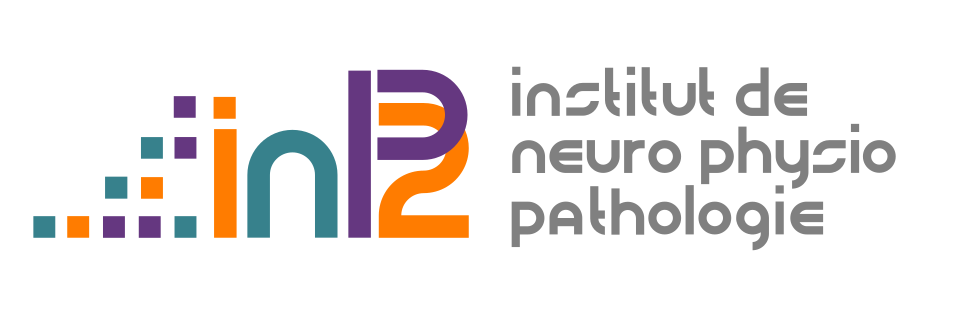Prenom
Yliana
NOM
Huriaux-Fontana
Prenom
Yliana
NOM
Huriaux-Fontana
Statut
Etudiant
Prenom
Théo
NOM
Vialatte
Prenom
Théo
NOM
Vialatte
Statut
Etudiant
Prenom
Alexandre
NOM
Bertucci
Prenom
Alexandre
NOM
Bertucci
Statut
Etudiant
Prenom
Laetitia
NOM
Padovani
Prenom
Laetitia
NOM
Padovani
Prenom
Olivier
NOM
Chinot
Prenom
Olivier
NOM
Chinot
Prenom
Giovanna
NOM
Dainese
Prenom
Giovanna
NOM
Dainese
Prenom
Morgane
NOM
Bonnafoux
Prenom
Morgane
NOM
Bonnafoux
Prenom
Corinne
NOM
Bouvier-Labit
Prenom
Corinne
NOM
Bouvier-Labit
